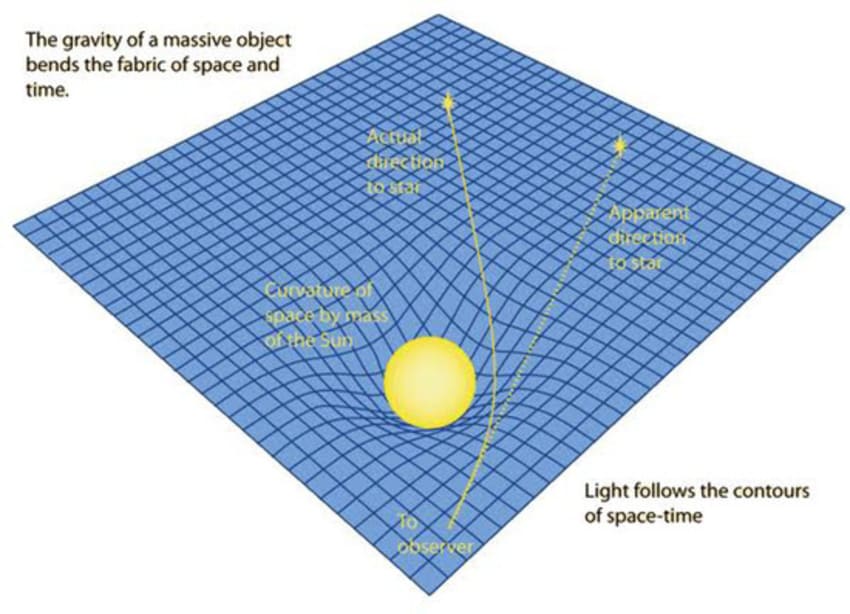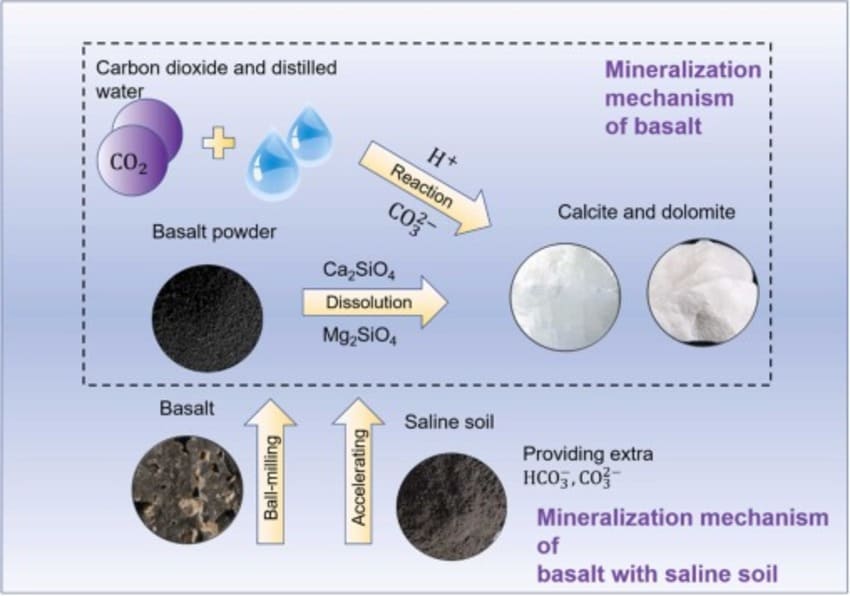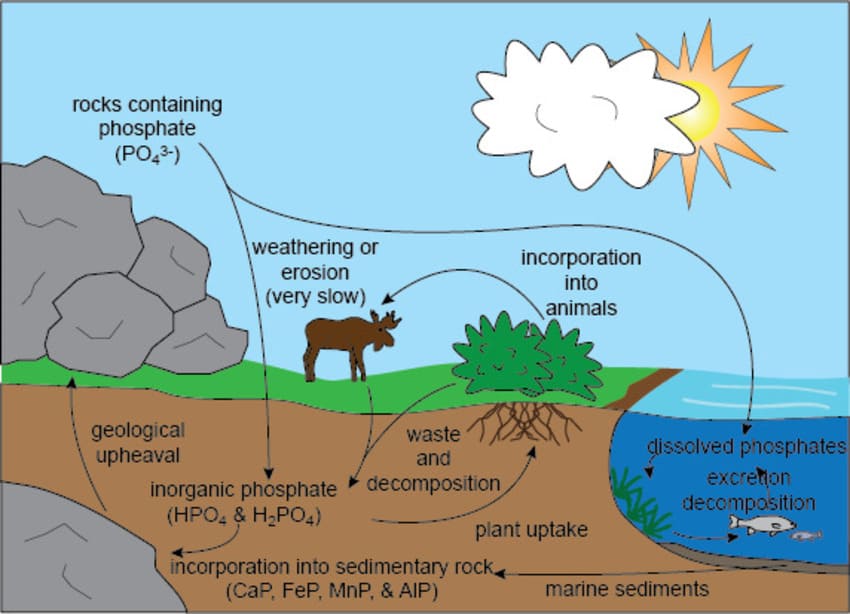
Nuclear Physics
Nuclear physics is the field of physics that studies atomic
nuclei and their constituents and interactions. Other forms of nuclear matter
are also studied. Nuclear physics should not be confused with atomic physics,
which studies the atom as a whole, including its electrons.
Discoveries in nuclear physics have led to applications in
many fields. This includes nuclear power, nuclear weapons, nuclear medicine and
magnetic resonance imaging, industrial and agricultural isotopes, ion
implantation in materials engineering, and radiocarbon dating in geology and
archaeology. Such applications are studied in the field of nuclear engineering.
Particle physics evolved out of nuclear physics and the two
fields are typically taught in close association. Nuclear astrophysics, the
application of nuclear physics to astrophysics, is crucial in explaining the
inner workings of stars and the origin of the chemical elements.
- General Physics
- Nuclear Materials
- Nuclear Detectors and Techniques
- Nuclear Physics and Optical Physics
- Laser
- Nonlinear Optics and Integrated Optics
- Safety Aspects of Ionising Radiations
- Condensed Matter Physics
- Computational Techniques and Programming
- Quantum Mechanic
- Materials Physics
- Statistical Physics
- Physics in Imaging
- Nuclear Physics and Elementary
- Particle Physics Reactor Physics
- Introduction to Spintronics
- Physics of Nano Materials
- Physics of Thin Films
- X-Ray Powder Diffraction
- Materials Characterisation
- Radioactive Decay
- Energy Levels
- Nuclear Structure
- Time Evolution in Quantum Mechanics
- Fission
Recent Published
Submit Manuscript
To give your manuscript the best chance of publication, follow these policies and formatting guidelines.


